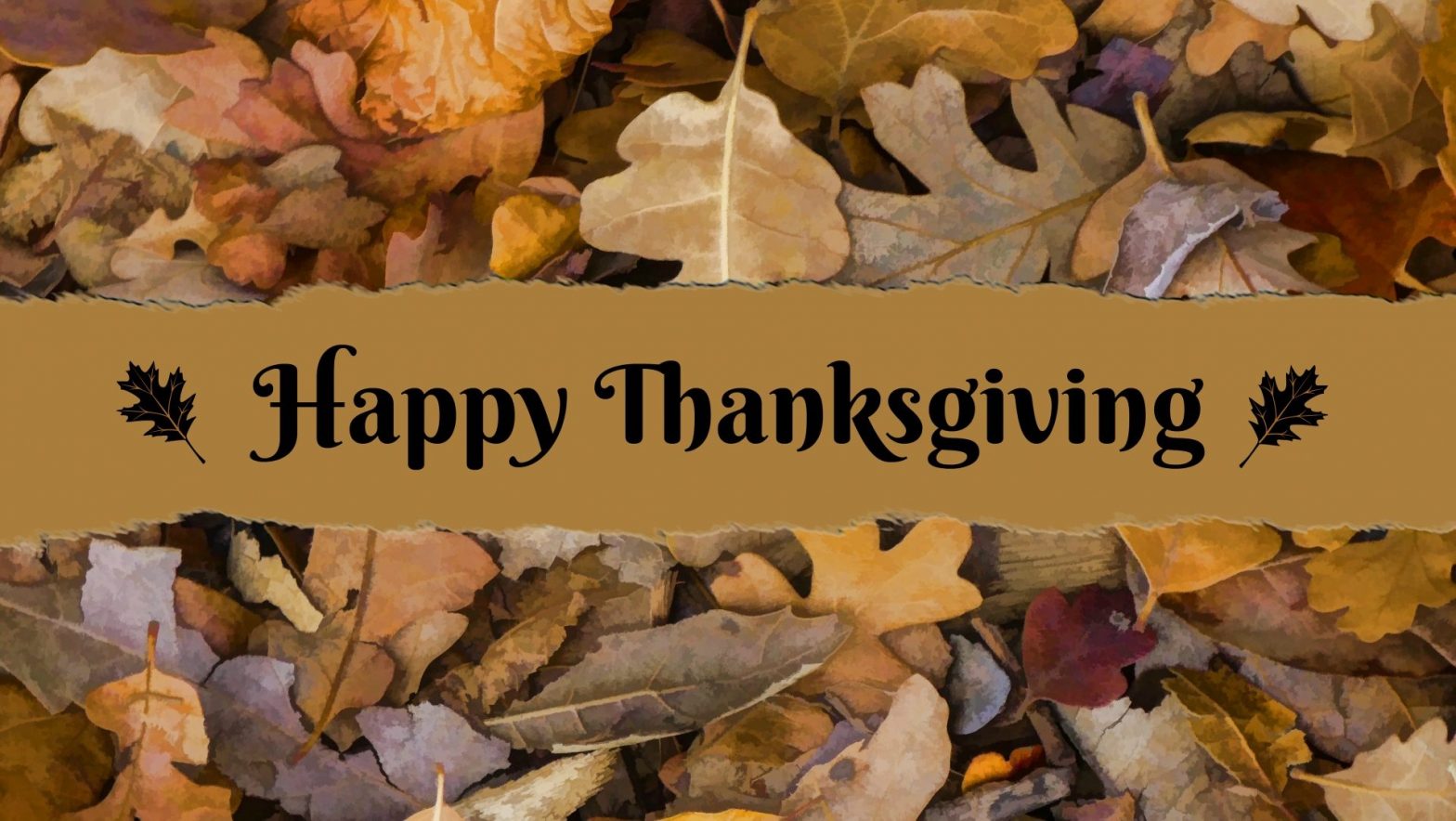Over 20 centuries ago, the great Roman statesman Cicero uttered a now-popular maxim:
“Gratitude is not only the greatest of virtues but the parent of all others.”
It is a saying that is still relevant today.

Dr. Charlotte VanOyen-Witvliet, professor of psychology, chair of the department, and a researcher of embodied virtue (e.g., forgiveness, gratitude, hope, accountability) believes so anyway. Her volume of work, as well as a recently completed study on gratitude, happiness and hope (see end note), confirms that “many good things grow when with gratitude we identify givers, gifts, and our identity as recipients. Gratitude is a space of abundance when it comes to happiness and hope,” she says.
What are some of those “many good things” to which Witvliet refers? In this week of thanksgiving, here are five insights that Witvliet offers about gratitude.
1. Gratitude is honest.
“We’re merely telling the truth when we express gratitude,” says Witvliet. “When we recognize that we are recipients of good and gracious gifts from givers and from the Giver, we are simply being honest about the blessings in our lives.”
2. Gratitude fits in good times and bad times.
“While gratitude allows us to tell the truth about uniformly good situations, it also helps us tell more of the truth, not less, in times of suffering and struggle. With a benefit-focused approach, we can identify lessons learned in hardship, strengths shown in facing difficulty, and relational supports that were present in those times. So even though we aren’t grateful for all things, we can aspire to give thanks in all circumstances (1 Thessalonians 5:18)”
3. Gratitude is contented.
“In our consumerist culture that seeks to develop lists of what we want, gratitude cultivates the ability to want the good we already have. It facilitates a fullness and a flourishing for individuals in relationship to other people and to God.”
4. Gratitude is healthful.
“Research ties appreciation to cardiovascular regulation. Similarly, when people acknowledge benefits even in a negative situation, their heart rate variability increases, indicating a healthier heart response, emotion regulation, and cognitive flexibility.”
5. Gratitude can connect us to givers across time and space.
“When we think about who we’re grateful to, we can usually find givers behind the immediate giver…givers behind givers behind givers. So, there’s a way in which our awareness of givers connects us over generations and across space. And for believers, we see that behind every giver is the ultimate Giver, the God of grace with the ultimate gift — Jesus Christ. In the end, it is all about hope after all.”
—
As the lead investigator in a two-study assessment of states and traits, Witvliet — along with Hope’s Dr. Lindsey Root Luna, Dr. Daryl VanTongeren and alum Fallon Richie ’18 (now a P.hD. student in clinical psychology at UNC-Charlotte) — asked “Does gratitude outperform other virtues in predicting hope and happiness? Answer: Yes! Also, are there particular exercises that people can engage in that are gratitude-oriented that specifically fuel present states of happiness and hopes? Answer: Yes! Their findings that engaging in gratitude led to increased hope and happiness were published in the Journal of Positive Psychology.


